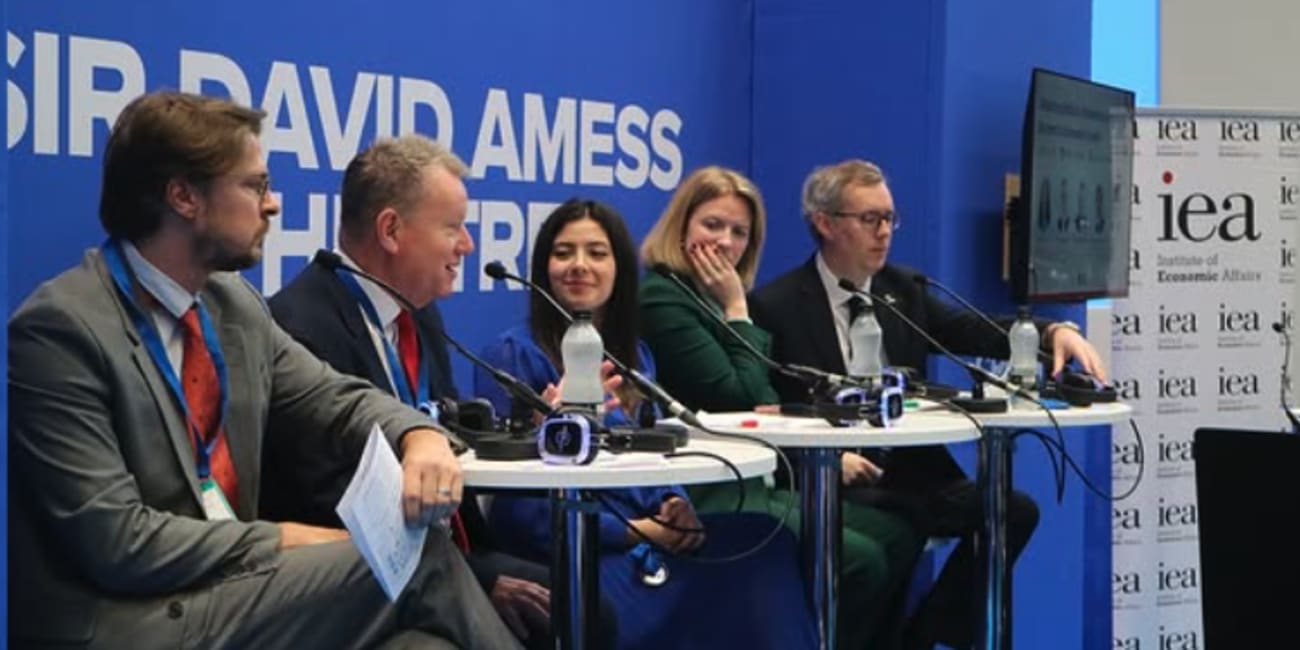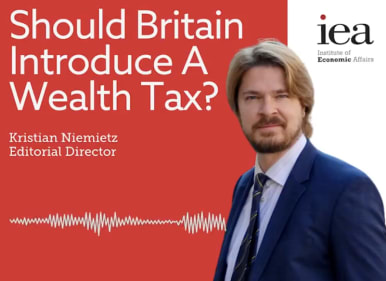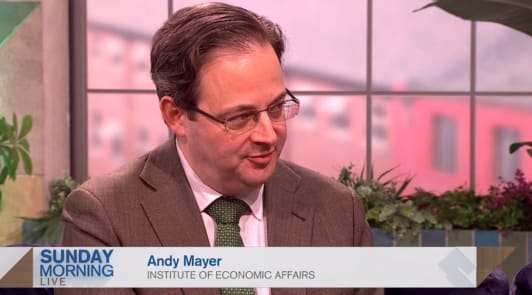|
In today’s newsletter:
November Budget needs to be big and bold
Britain’s bonsai tree economy
Our red tape problem is about to get even worse
A year ago, the Chancellor promised that the £40 billion of tax increases announced in her first Budget would be a “one-off”. But it is now almost certain that her second Budget next month will deliver more of the same.
What’s gone wrong? The technical answer is that OBR is expected to predict that the current budget (day-to-day spending minus revenues) is on course for a deficit of as much as £20 billion in 2029-30, when the fiscal rules require it to be in surplus.
At least half of this shortfall is expected to reflect another downgrade in the OBR’s forecasts for productivity growth, which have been over-optimistic for many years.
The Government has tried to blame this on Brexit, claiming that the negative impact of leaving the EU has been even worse than the OBR had already assumed. But the evidence of a big hit here is remarkably flimsy.
The more plausible explanation is simply that the OBR’s forecasts will now give a larger weight to the UK’s poor performance on productivity all the way back to the Global Financial Crisis of 2008.
The rest of the £20 billion shortfall would mainly be due to higher than planned spending, especially on benefits and debt interest.
The upshot is that, if the Chancellor wants to restore the existing headroom of just under £10 billion, she may have to cut spending or raise taxes by a total of £30 billion. And if she wants to raise that headroom further, creating a larger buffer against future shocks, the final figure could be closer to £40 billion (once again).
Whatever the precise numbers, the Budget needs to be big and bold. It is essential to lift the uncertainty that is holding back activity in the private sector and keeping borrowing costs high. Consumers, businesses and investors all need to be reassured that the beatings in this year’s Budget really are going to be the last.
The best way to do this would, of course, be to tackle the problem at source. The bigger picture is that government spending is spiralling out of control.
Current (day-to-day) expenditure is already expected to increase by more than £200 billion between 2024-25 and 2029-30, to £1,351 billion. A saving of just 3% on that last figure would be worth £40 billion.
However, the Government appears determined to try to close the gap with more tax increases instead, despite the risk that this simply fuels the ‘doom loop’ of higher taxes and weaker growth which has already taken root.
The “big and bold” solution here would be to raise taxes in the broadest possible ways – including income tax and VAT – to minimise the additional distortions and disincentives to work, save and invest.
This should be combined with fundamental reforms, such as merging income tax and NI, and scrapping some of the worst taxes, starting with stamp duty. The Government should also rethink its approach to energy policy and to labour market regulation.
Unfortunately, political constraints and a lack of imagination mean that next month’s Budget is likely to be even more damaging than it has to be. Doubling down on higher spending, higher taxes, and ever more state intervention, cannot be the solution to the UK’s long-standing economic problems.
Julian Jessop
Economics Fellow
The best way to never miss out on IEA work, get access to exclusive content, and support our research and educational programmes is to become a paid IEA Insider.
IEA Podcast: Director of Communications Callum Price, Managing Editor Daniel Freeman, and Editorial Director Kristian Niemietz discuss whether Brexit is to blame for our productivity problems, what the public thinks about tax reform, and whether the government will hit its housebuilding target — IEA YouTube
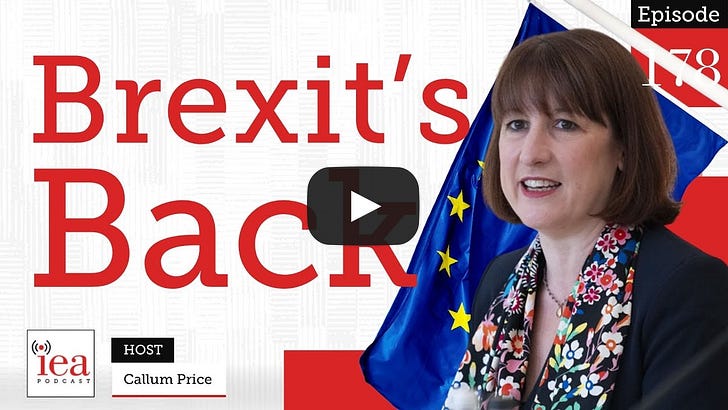
UK public finances continue to deteriorate
Responding to the latest borrowing figures, Julian Jessop, Economics Fellow at the Institute of Economic Affairs said:
“The latest news on government borrowing shows that the fiscal foundations are far from fixed.
“The overshoot on the current budget deficit – the targeted measure – was even worse than the headlines. Borrowing to fund day-to-day spending was £10.6 billion more in the first six months of the financial year than the same period last year and £13.0 billion above the OBR’s forecast.
“The detail is not quite as bad. Central government revenues and spending are much closer to forecast, with the overshoot coming instead from borrowing by local authorities and public corporations (both relatively volatile components).
“But there is still little chance of an improvement any time soon. The OBR’s March forecast made some optimistic assumptions for the second half of the year (especially about capital gains tax receipts, debt interest and benefit payments), and private sector activity is stalling again.
“It is clear that simply raising taxes even further is not going to solve the problem. The Government needs to refocus on controlling public spending and freeing up the private sector to drive growth.”
Shadow banking crisis has echoes of 2008 crash, in The Telegraph
News and Views
Britain’s red tape problem is about to get even worse, Public Policy Fellow Matthew Lesh writes in The Telegraph
“Earlier this week, Chancellor Rachel Reeves made a big song and dance unveiling the Government’s supposed “blitz on business bureaucracy”. Facing a challenging fiscal situation, the Government is desperate to show business (and the Office for Budget Responsibility) that it is creating a pro-investment, pro-growth environment. But it looks like the Competition and Markets Authority (CMA), among many other regulators, is failing to take notice…”
FCA’s diversity requirements go ‘far beyond remit’ report warns, IEA research written up in CityAM
“Analysis in a paper by the Institute of Economic Affairs (IEA) has suggested that diversity policies advanced by the FCA and the funding body UK Research and Innovation have come at the cost of meritocracy and reduced productivity growth.”
30 People Arrested Daily for Speech Crimes in the UK, Free Speech Union’s Toby Young interviewed by Head of Media Reem Ibrahim, IEA YouTube
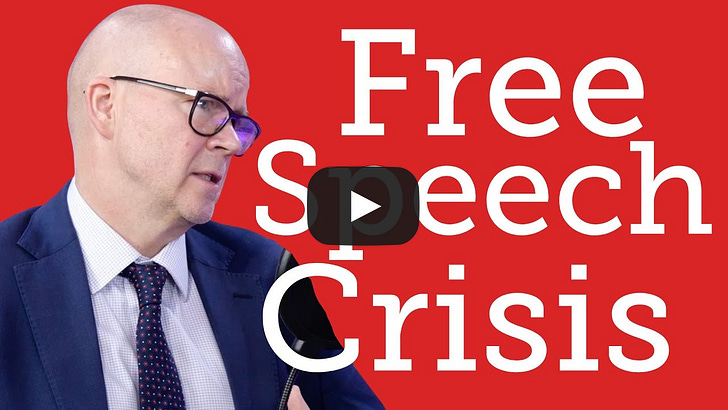
Should Britain introduce a wealth tax? Kristian Niemietz debates the topic on Times Radio
Can We Build a Culture of Opportunity? Lessons from America - Ep 4 - Land of Opportunity, IEA YouTube
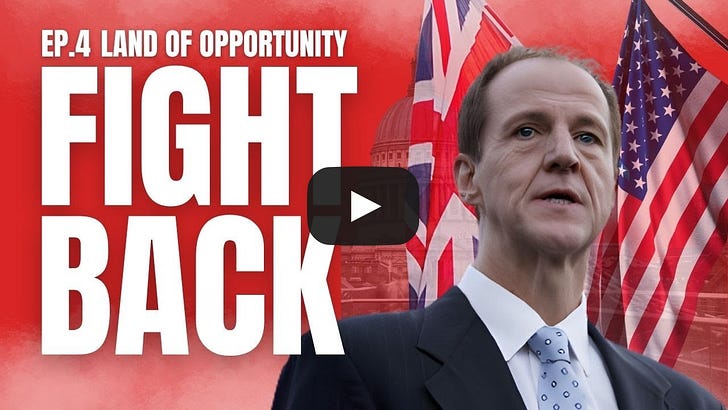
Climate change or growth? Energy Analyst Andy Mayer debated the relationship between the two on BBC’s Sunday Morning Live
The hidden costs of Britain’s pension crisis, Reem Ibrahim writes in CapX
“Public sector pensions are a ticking time bomb. The damage will be paid for by British taxpayers. The Chancellor could use the next few weeks to be bold. She could rethink what the Government should do, and where it should stop. Scrapping the triple lock, slashing unnecessary state expenditure (do we really need an £8bn Department for Culture, Media and Sport?) and reforming the gold-plated public sector pension system would be a start.”
Adam Smith vs the engineers of utopia, Junior Research Associate Mani Basharzad looks at how economics is and should be taught, CapX
“A sound economic education begins by viewing the market as a process, not a static state. It should show how our ‘propensity to truck, barter and exchange’ gives rise to miracles – from airplanes to iPhones – things unimaginable to those living just decades earlier. The beauty of economics lies not in trusting ‘men of good will’ in government, but in trusting free individuals to make daily life better.”
The Great British Exodus: Wealth Creators Abandoning the UK, our panel from Conservative Party Conference on wealth taxes, IEA YouTube
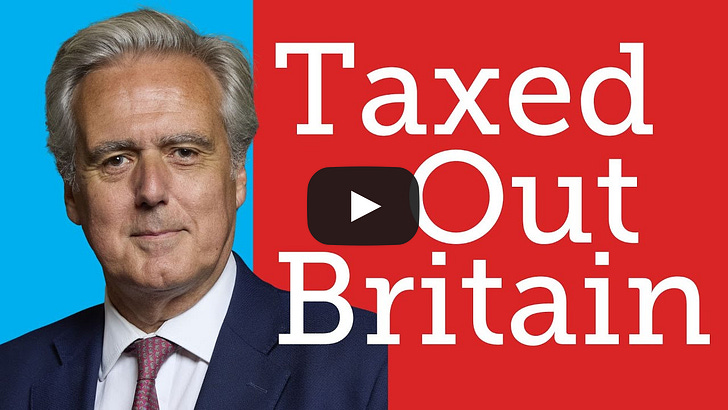
You’re currently a free subscriber to Insider. For the full experience, upgrade your subscription.
Paid subscribers support the IEA's charitable mission and receive special invites to exclusive events, including the thought-provoking IEA Book Club.
We are offering all new subscribers a special offer. For a limited time only, you will receive 15% off and a complimentary copy of Dr Stephen Davies’ latest book, Apocalypse Next: The Economics of Global Catastrophic Risks.
